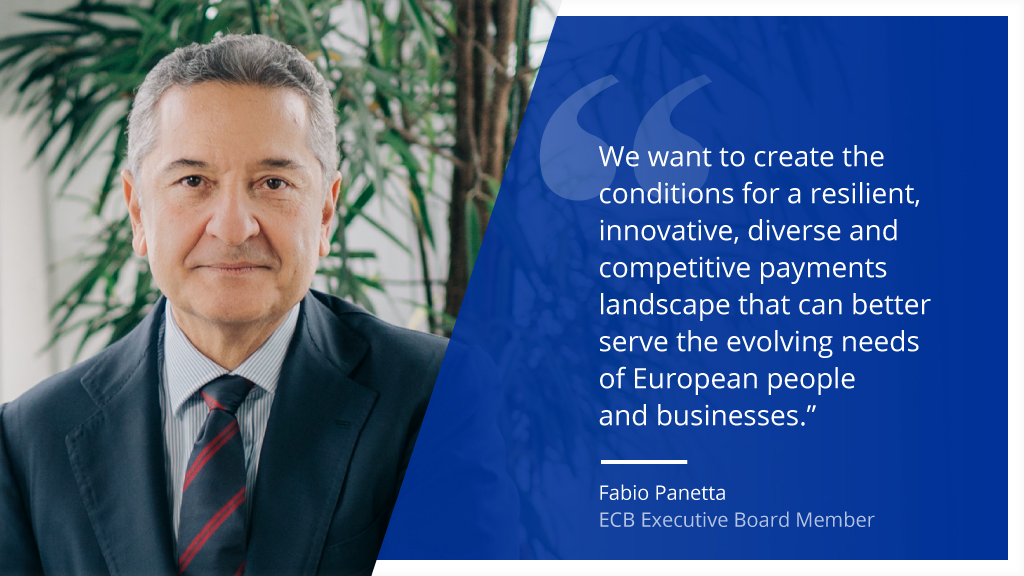
(THREAD) We cannot afford to be too optimistic, says Executive Board member Fabio Panetta to @Expresso. There should not be any doubt about our commitment to bring inflation back to our aim or about the continuity of our policies even when the recovery gets underway 1/4 

Panetta: With the second wave, the starting point for the inflation outlook is now lower than a few months ago. Uncertainty might leave scars even after the economy recovers. We cannot hesitate to take decisive measures to avoid a disanchoring of inflation expectations 2/4
Panetta: We have the firepower, we have instruments that we can recalibrate, and we’re going to do so. Fiscal policy is also an essential element to respond to the crisis and to support our stabilisation goals 3/4
Panetta: With Next Generation EU, euro area countries have taken a big step towards closer fiscal integration. They have also created the legitimate expectation of a common fiscal response when dealing with a common shock in the future ecb.europa.eu/press/inter/da… 4/4
• • •
Missing some Tweet in this thread? You can try to
force a refresh




